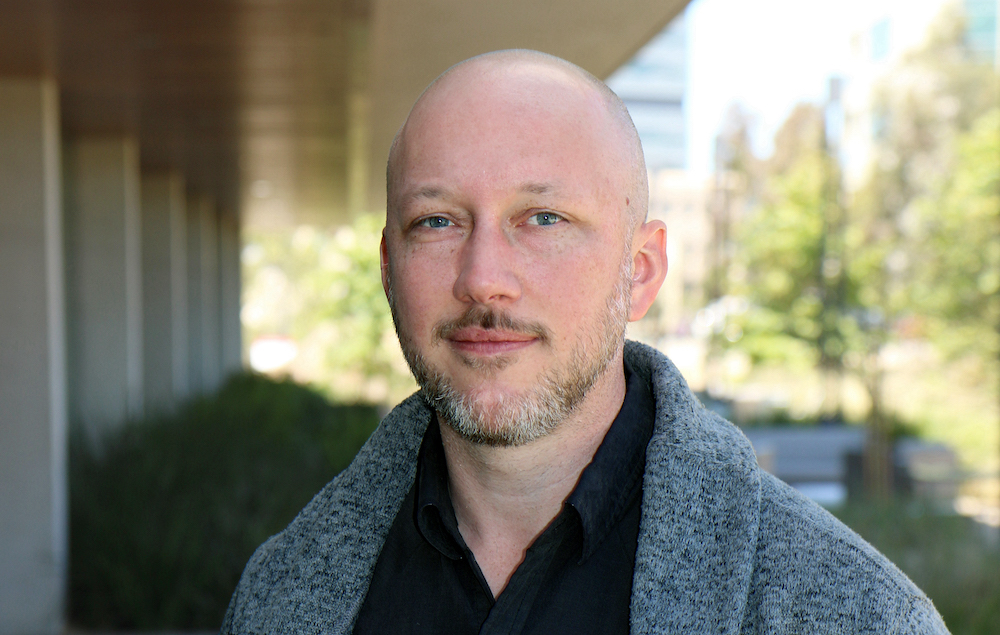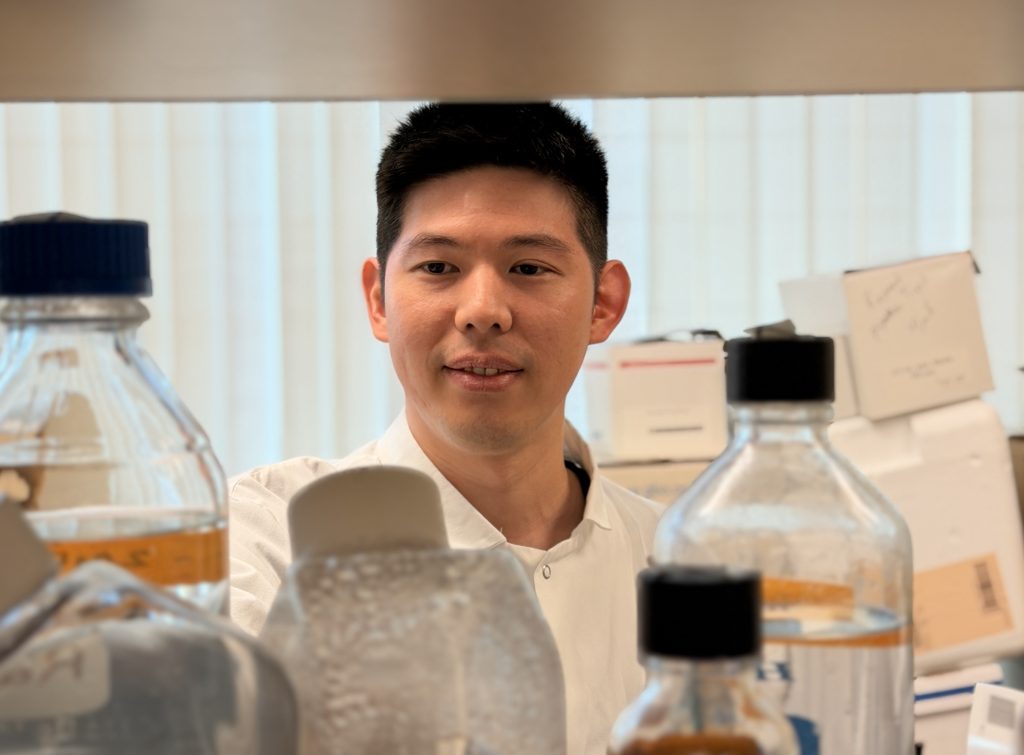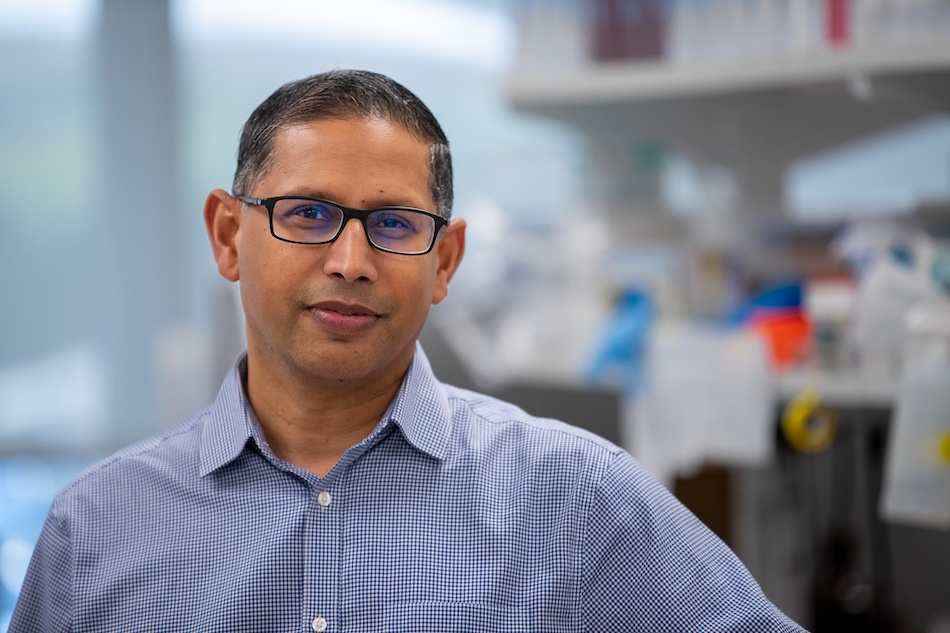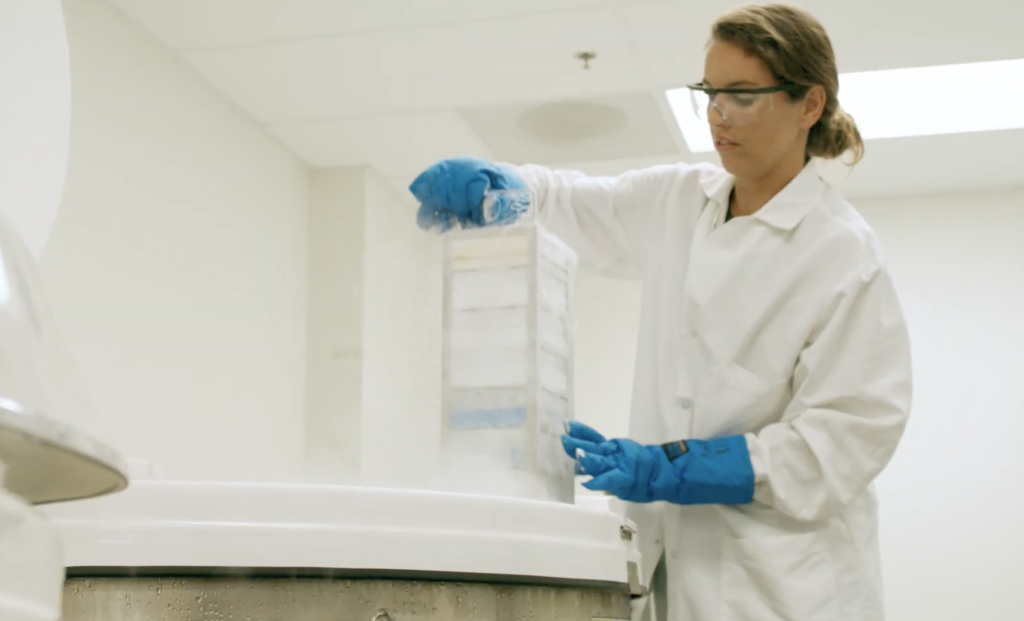
LA JOLLA—Sam Myers, Ph.D., has been appointed to the position of assistant professor at La Jolla Institute for Immunology (LJI), the Institute announced today. Myers will be launching LJI’s new Laboratory for Immunochemical Circuits, which will be focused on how protein expression drives the development of autoimmune diseases, cancers and more.
“Dr. Myers is already a leader in the emerging field of proteomics, and his work has given us a window into the rapid changes that go on inside our cells,” says Mitchell Kronenberg, Ph.D., president and chief scientific officer of the La Jolla Institute. “We are very pleased to welcome him to LJI, where his unique insights and expertise will fuel new discoveries and collaborations.”
Myers grew up in California. He majored in biochemistry at California Polytechnic State University and earned his Ph.D. studying glycosylation signaling in pluripotent stem cells at the University of California, San Francisco. He went to serve as a research scientist at the Broad Institute of MIT and Harvard University, where he was named a Scientific Projects to Accelerate Research and Collaboration (SPARC) funding recipient and received a Molecular & Cellular Proteomics MCP Early-Career Investigator Award from the American Society for Biochemistry and Molecular Biology.
At the Broad Institute, Myers worked to improve the sensitivity of technologies such as mass spectrometry. These advances have allowed scientists to better detect and study proteins that are made by cells in very small quantities. With a better understanding of how and when cells make key proteins, scientists can study the complex series of events in cells that lead to disease.
“We now can do a whole new suite of experiments and ask the right questions,” says Myers.
Myers is especially interested in how proteomics can shed light on the development of autoimmune diseases. In these diseases, the T cells mistakenly attack the body’s own tissues. Myers wants to study how cellular signaling—conveyed by proteins—could drive these T cells to “go berserk.”
Myers also has cancer in his sights. While cancers can be triggered by genetic mutations, changes in protein signaling pathways can also make a difference. “It’s really the proteins in a cell that do all the work,” says Myers.
Proteins can acquire small chemical modifications that change how well they work or how long they last, explains Myers. These changes can contribute to many diseases, such as cancers and inflammatory disorders.
“If we can start looking directly at the machinery of a cell, what’s being modified with small molecules, small chemicals, we could get a better understanding of what the cell is doing and where we can intervene therapeutically.”
As he launches his new lab, Myers is excited to collaborate with other LJI researchers and the wider San Diego science community. “The faculty at LJI are doing really fantastic work,” he says. “I see myself being able to fit into a really good niche here.”
###



